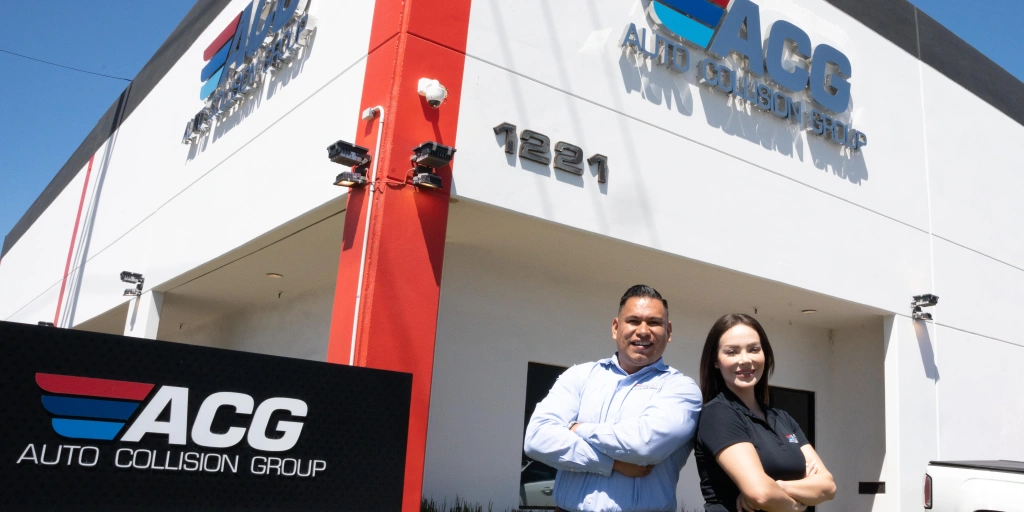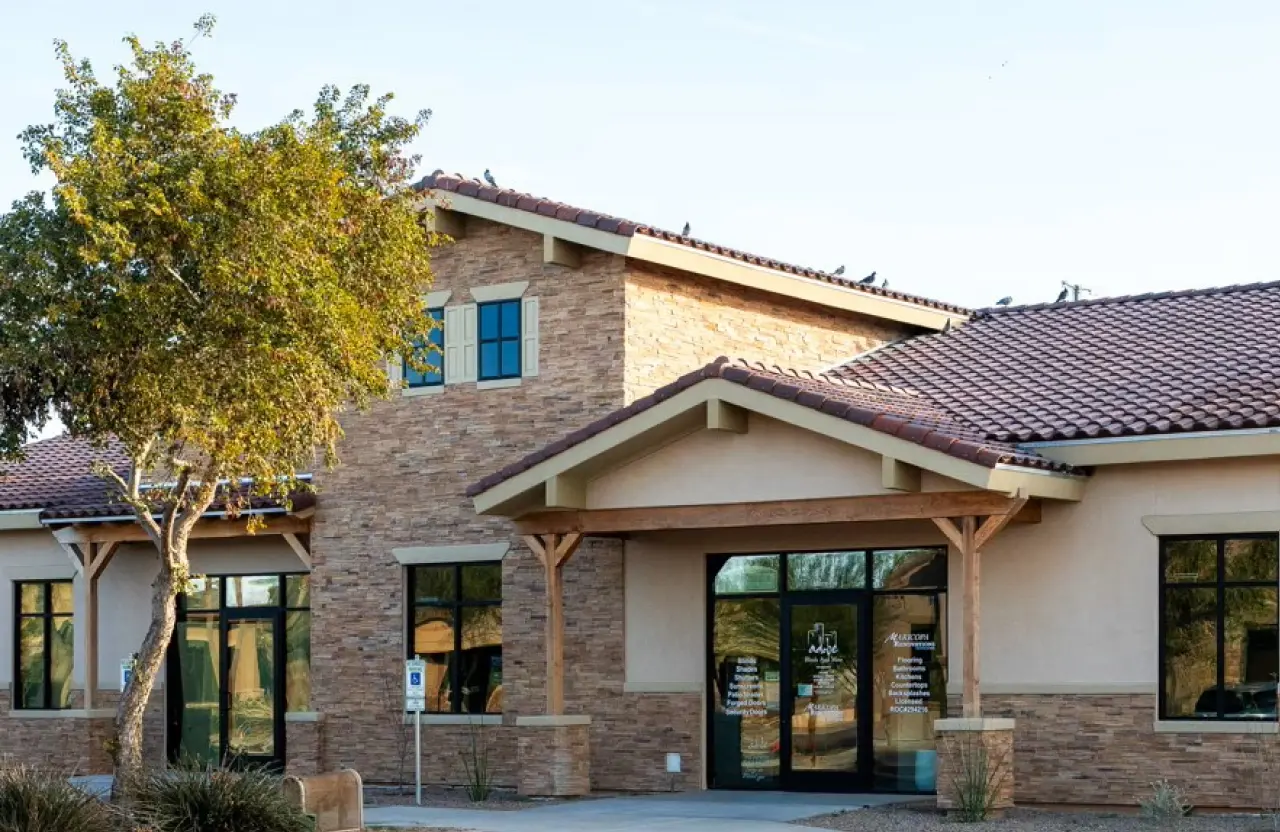Buying a building to house your business is a big financial decision. That’s why it’s crucial to explore your financing options to find the one that best suits your long-term needs.
SBA 504 BENEFITS
-Down Payment: 10% vs 20-30%
-Interest Rate: Fixed, below market vs. Variable/fixed at/above market
-Terms: 10, 20 or 25 years vs. Often shorter with balloon payment
If you haven’t already, you’ll probably hear about two main types of loans that can be used to buy commercial real estate.
One is an SBA 504 loan and the other is a conventional real estate loan.
Before signing any loan docs, make sure you know the key differences between the two so you can select the financing that will work hardest for you and your business.
Here’s a breakdown on how they differ from each other:
1) SBA 504 VS CONVENTIONAL: DIFFERENT FINANCIAL PROVIDERS, RISK LEVELS
SBA 504 loan: These are provided by community lenders called Certified Development Companies, or CDCs. They were created by the U.S. Small Business Administration, or SBA, to provide SBA 504 loans, which can be used to buy owner-occupied buildings and major equipment. This loan type is partially backed by the federal government. Thanks to this, CDCs can lend to a broader pool of loan applicants. This means a CDC can consider entrepreneurs who are considered by conventional lenders to be a bit higher risk, whether it’s due to a past credit blemish, the industry they’re in, or other reasons.
Related: How an SBA 504 loan gives businesses a competitive edge
Conventional loan: Typically provided by a traditional bank or mainstream lender. Think of the big-name companies where most people keep their checking and savings accounts. Since these are private-sector companies, they tend to be more rigid with their eligibility requirements. This means you’ll have to meet stricter guidelines to get a commercial real estate loan with them. (More on this later.)
2) SBA 504 VS CONVENTIONAL: DIFFERENT LOAN STRUCTURES
SBA 504 loan: One thing that makes the SBA 504 loan so unique is the way the financing is structured and the different parties involved. Banks actually play a key role. If a banker is unable to help one of their business clients with a commercial real estate loan due to inability to meet all requirements, then oftentimes the clients are referred to a CDC lender for help. Should the business owner decide to work with a CDC, then a deal is structured this way:
50%: Percentage of total project cost financed by a banking partner.
40%: CDC financing through an SBA-guaranteed loan.
10%: Small business borrower’s minimum down payment. No need to pledge additional collateral.
Related: Top Questions To Ask: Buying Vs Leasing Commercial Property
Thanks to the SBA’s involvement in each 504 loan deal, the risk level for the participating bank is reduced, making the deal more attractive to all parties involved. For the small business owner, a lower down payment means preservation of capital to help their operations grow.
Conventional loan: Since traditional lenders are taking on a higher proportion of the risk, they will typically require a higher down payment from the small business owner applicant. You’re looking at 20% to 30% down. Without the partial backing of the SBA, a conventional real estate loan will require more skin in the game from the borrower client.
3) SBA 504 VS CONVENTIONAL: DIFFERENT LOAN TERMS
SBA 504 loan: Along with a lower minimum down payment of 10%, SBA 504 loans tend to be longer term. In fact the SBA in 2018 rolled out a 25-year SBA 504 loan to complement the 20-year and 10-year terms traditionally offered with 504 loans. By elongating the payment cycle, business owners can enjoy a lower monthly loan payment. Another bonus: Expect no balloon payments coming due. What’s more, you’ll enjoy below-market interest rates. As of May 2019, the effective rate on a 20-year SBA 504 loan was 4.26%.
Related: How you can get a sub-5% building loan now
Conventional loan: Again, with conventional bank loans, you’ll be looking at a minimum down payment of up to 30%. Oftentimes, your loan will come with a shorter term and with a balloon payment. Whereas an SBA 504 loan requires no additional collateral pledge, that may not be the case with a traditional bank loan. When it comes to interest rates, expect an interest rate from 5% to 6%, which is on the lower end of the rate spectrum, as of May 2019.
4) SBA 504 VS CONVENTIONAL: DIFFERENT LOAN LIMITS
SBA 504 loan: If you go this route, qualifying business owners can generally secure more financing compared to going with a conventional financial institution. With an SBA 504 loan, the total project cost — which includes the bank partner, CDC and owner contribution — does not have a cap. In fact, CDC Small Business Finance recently financed a hotel deal in Central California with a $29 million total project cost. (There are, however, limits on the portion that the CDC contributes.)
Conventional loan: There is usually no maximum. However, the major difference is the percentage the traditional lender is willing to finance, which can range from 65%-80%. What does this mean for the small business borrower? They’re on the hook for the rest, in terms of a down payment.
Related: In uncertain times, here’s how the 25-year SBA 504 loan can help you
5) SBA 504 VS CONVENTIONAL: VARYING LEVELS OF FLEXIBILITY
SBA 504 loan: Since the SBA 504 program is tied to a greater mission of stimulating economic development and jobs for the nation, there’s more flexibility with this program in many ways. To date, the program has led to the creation of more than 2 millions jobs. From the shaping of a loan deal to broader qualifications, borrowers who take the SBA 504 route generally have more options at their fingertips. The SBA formed the 504 program to place more value on the borrower’s full story and community impact over solely looking at the black-and-white numbers on financial statements. With this increased flexibility usually comes an increased level of personalized customer service from loan experts who work closely with borrower clients to get funded.
Conventional loan: With the absence of a government guarantee and the impactful mission of a federal program, private sector loans come with less flexibility when it comes to eligibility requirements and deal packaging.
A commercial building purchase is more attainable than you think. Take the next step in your research and talk to one of our many SBA 504 loan experts about your business. They’ll work to match you with a financing plan that best suits you.



